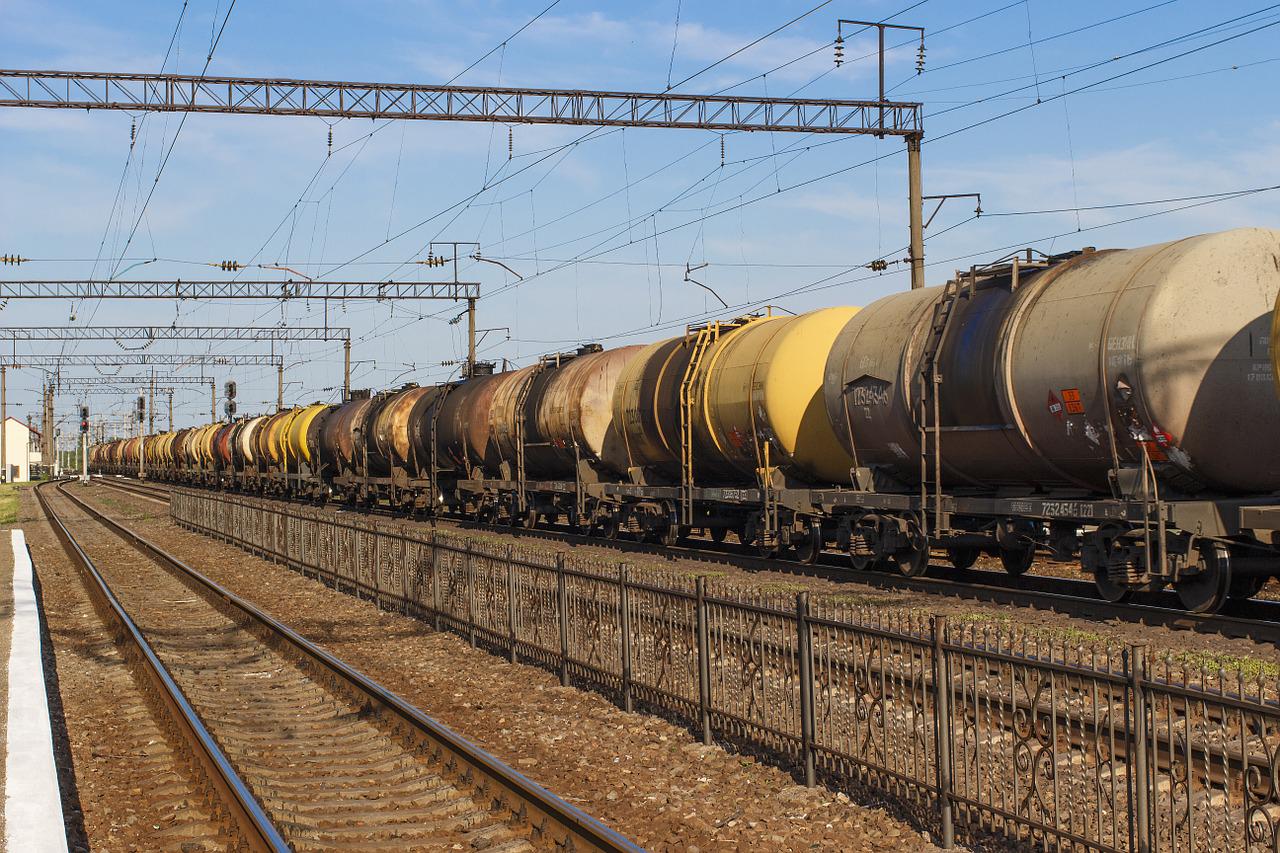Energy Crisis in The UK Could Be Worse Ahead Of Winter

Despite the recent decline in gas prices, many countries are struggling to find a solution to a prolonged energy crisis as Moscow cut off supplies. Heavy dependence on the Russian gas supply makes the UK one of the most affected countries and the UK energy market could be worse as winter approaches.
By the end of July, Russian energy group Gazprom confirmed that the flow of gas via the Nord Stream 1 pipeline to Europe had been halted for maintenance from August 31 to September 3, leaving Europe to wonder if the pipeline will resume or not as winter approaches and fuel demand rises.
With consumption down this year, Europe is on track to secure adequate gas for the winter, avoiding the need to distribute gas to quotas. Despite efforts to source alternative gas from the United States, Canada, and Qatar, European countries face significant challenges in securing supplies for the next year and the years ahead.
Data from the International Monetary Fund (IMF) showed that the energy crisis in the UK could be the worst among European countries due to the lack of energy-efficient households. The average UK household needs to cut approximately 8.3% of its spending power in 2022 due to excessive energy bills.
Already at the beginning of 2022, the price of gas that households in the top economies of Europe pay has already surpassed the high points reached during the previous energy crises in the 1970s, 1980s, and 2000s.
The significant increase in the global pricing of energy has resulted in exceptionally large profits for the main energy companies. The European Union (EU) is looking to LNG, also known as liquefied natural gas, as an urgent solution to the surging demand for gas.
Germany is also the country facing the highest risk from a decline in Russian gas supplies, and its economy is expected to sink into a deep recession if it is completely cut off. Germany has started a number of LNG supply projects but does not yet have its own LNG terminal. Meanwhile, EU gas storage is moving faster than expected.

 Tech Steel & Materials
Tech Steel & Materials